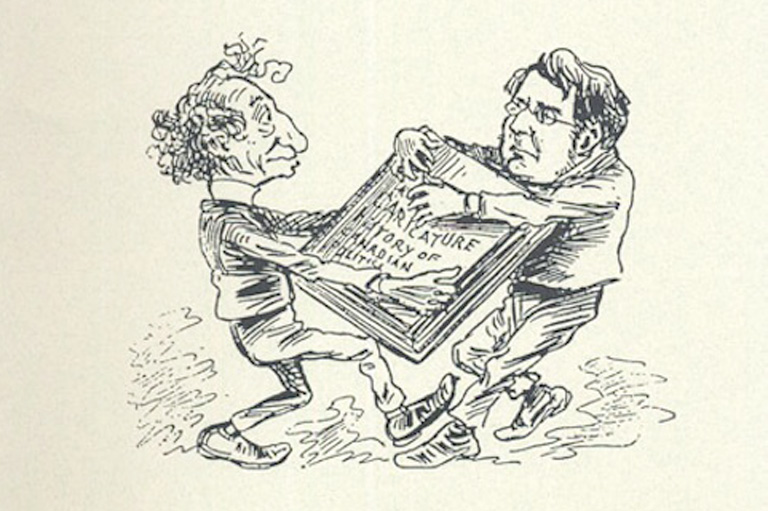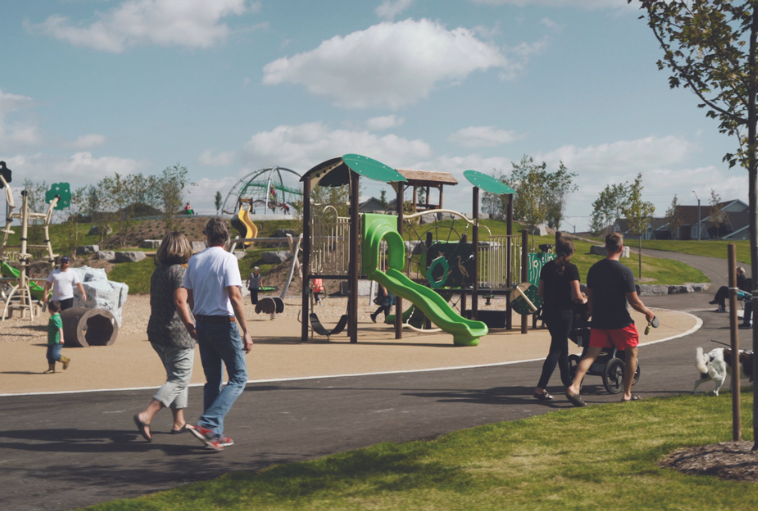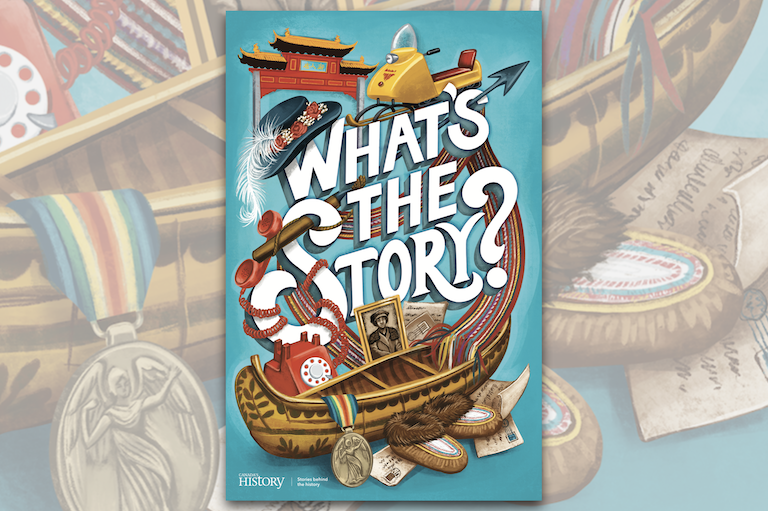Teachers' Tips: Web Resources
Potlatch6767
“It is a collaboration piece that myself and four other language and culture teachers put together to teach about the potlatch bans.”
— Danita Lewis, Middle School Teacher
CBC Digital Archives
“It is such an integral part of a historical collection for Canadians. It has great media sources, both TV and radio, so you get to really hear or see what the various historical change makers were like when they were interviewed by news broadcasters at the time.”
— Christina Iorio, High School Teacher
National Film Board of Canada
“In March, they launched an Indigenous cinema page, and that has over two hundred films made by Indigenous directors, with diverse nations represented, diverse themes, diverse languages, cultures across the country. The NFB has taken a real role in reconciliation by addressing the Calls to Action of the Truth and Reconciliation Commission about the role that culture plays in understanding our history and laying the groundwork for renewed relationships.”
— Lisa Howell, Elementary School Teacher
Veteran’s Affairs
“Veteran’s Affairs has a lot of resources and the nice thing is they are available in both English and French.”
— Michelle Park, High School Teacher
Project of Heart
“Project of Heart has done some fantastic work and continues to develop tools to use in the classroom, community engagement pieces, so that is a wealth of resources.”
— Justin Harrison, High School Teacher
Curio.ca
“If you’re a French teacher out there, it’s great because it has content in both French and English. And if you cruise through it you will find all kinds of things. It’s a CBC website and they curate it so that you find all kinds of things under various categories. You can just use snippets of it to grab students’ attention at the beginning of a class or to finish a unit off.”
— Karen Lenaghan Parfitt, High School Teacher
The Canadian Encyclopedia
“In the classroom, my favourite is the Canadian Encyclopedia. I love that because its French. It is a struggle to get students to use French sources. And it’s Canadian. So you can pretty much use it for everything related to the curriculum. And of course, within those articles you can click on other details that will bring you to other pages. And I find for the kids, it’s a great place to start. So we always start there and then they can go off and get more detailed searches. The articles aren’t long and convoluted. The French is at their level. It’s a perfect place to start and get a grasp of the facts.”
— Kerri-Lee Hewlett, High School Teacher
Local Archives Website
“One of the things I have discovered in the last few years is using local archives for local photographs. Putting up photos of streetscapes or events or streetcars. The kids know where it is but it doesn’t look the same. So having the kids identify what is different and what is not. I think it really personalizes it, it brings it home. This is literally up the street from you. Giving them the idea of what has stayed the same and what has changed.”
— Paul Paterson, High School Teacher
Themes associated with this article
Advertisement
You might also like...
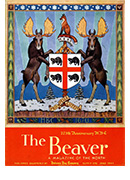
Canada’s History Archive, featuring The Beaver, is now available for your browsing and searching pleasure!
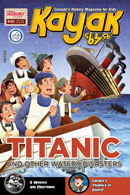
Canada’s History Archive features both English and French versions of Kayak: Canada’s History Magazine for Kids.



